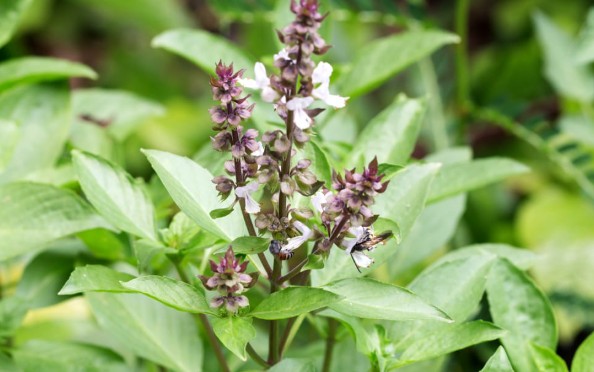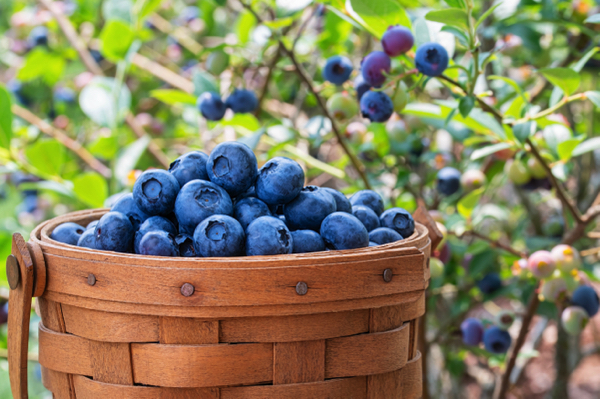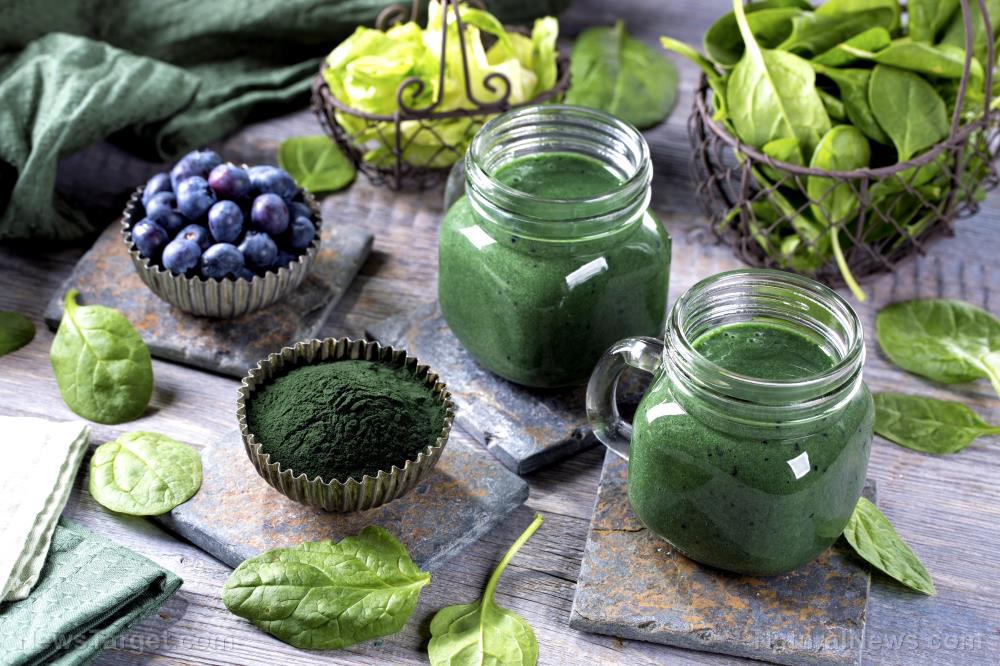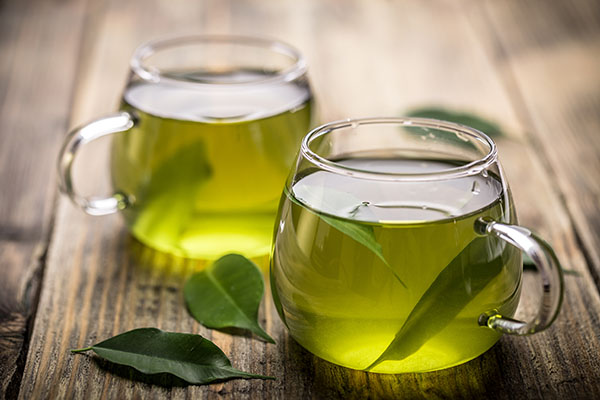STRESS BE GONE: Common herb in India “Holy Basil” found to holistically treat stress exhaustion better than anything Western Medicine has to offer
06/24/2025 / By S.D. Wells

Got stress? Who doesn’t. There may be a wonderful natural remedy for you to use that doesn’t come with crazy side effects like the venom peptide drugs prescribed in America by rogue doctors.
Research suggests Tulsi tea, extracts, or fresh leaves can support adrenal recovery. “Start with one cup daily, preferably in the evening,” advises an Ayurvedic practitioner. Standardized supplements with 2.5-4% eugenol content mimic dosages used in studies.
While Tulsi provides a powerful tool, experts emphasize combining it with lifestyle adjustments for optimal results. Prioritizing sleep, reducing caffeine, and practicing stress-management techniques like meditation amplify the herb’s benefits. Gentle movement, such as yoga or walking, also aids recovery without further taxing adrenals.
In an era where chronic stress has become ubiquitous, an ancient Ayurvedic remedy is gaining scientific validation for its ability to restore exhausted adrenal glands. Tulsi, or holy basil, has been used for millennia in India to combat stress-related fatigue. Now, modern research confirms its adaptogenic properties — helping the body recalibrate its stress response without artificial stimulants. With burnout reaching epidemic levels globally, this humble herb offers a natural solution rooted in both tradition and emerging science.
The adrenal crisis in modern life: Why millions are turning to Tulsi for modern burnout
The human stress response evolved to handle acute threats — not the relentless pressures of contemporary living. The adrenal glands, responsible for releasing cortisol and adrenaline, become overtaxed by constant stressors like work demands, financial strain, and digital overload. When these glands falter, symptoms like chronic fatigue, brain fog, and unrefreshing sleep emerge.
“Most doctors either don’t recognize the signs or don’t believe it’s real,” says one researcher. Conventional medicine often prescribes antidepressants or synthetic hormones, but these address symptoms rather than root causes. In contrast, Tulsi works holistically — modulating cortisol, stabilizing blood sugar, and reducing inflammation.
Science validates an ancient remedy
Traditional healers have long relied on Tulsi for its restorative effects. Modern studies now reveal why: the herb contains eugenol, a compound that helps reset the body’s stress adaptation systems. A 2017 systematic review found consistent evidence of Tulsi’s ability to reduce stress markers across clinical trials. Unlike pharmaceuticals that target single pathways, Tulsi operates across multiple biological systems — enhancing resilience without side effects.
The resurgence of Tulsi underscores a broader shift toward integrative health solutions. As modern science catches up with ancient wisdom, this sacred herb offers a timely remedy for a stress-weary world. For those seeking sustainable energy and resilience, Tulsi represents both a return to tradition and a step forward in holistic well-being.
- Ancient stress relief: For thousands of years, Indian healers have used Tulsi to combat stress exhaustion. Unlike expensive superfoods, it’s easily grown at home, making it accessible to everyone.
- Modern science backs tradition: Researchers discovered Tulsi contains eugenol, a compound that resets overworked stress systems, balances cortisol, and supports adrenal health — critical for managing modern burnout.
- Holistic healing: Unlike single-target medications, Tulsi works across multiple systems — regulating blood sugar, reducing inflammation, calming the nervous system, and enhancing cognitive function—to address stress-related issues at their root.
- Simple ways to use it: Sip Tulsi tea for relaxation, take standardized extracts (300–600mg daily), or chew fresh leaves. Pair with lifestyle changes (sleep, gentle movement, stress reduction) for accelerated adrenal recovery.
Tune your internet dial to NaturalMedicine.news for more tips on how to use natural remedies for preventative medicine and for healing, instead of succumbing to Big Pharma products that deplete your dopamine and lead to burnout.
Sources for this article include:
Submit a correction >>
Tagged Under:
alternative medicine, Cures, healing, health science, herbal medicine, Herbs, holy basil, mental health, Mind, natural cures, natural health, natural medicine, natural remedy, Naturopathy, phytonutrients, plant medicine, stress, Tulsi
This article may contain statements that reflect the opinion of the author
RECENT NEWS & ARTICLES
Natural.News is a fact-based public education website published by Natural News Features, LLC.
All content copyright © 2018 by Natural News Features, LLC.
Contact Us with Tips or Corrections
All trademarks, registered trademarks and servicemarks mentioned on this site are the property of their respective owners.




















